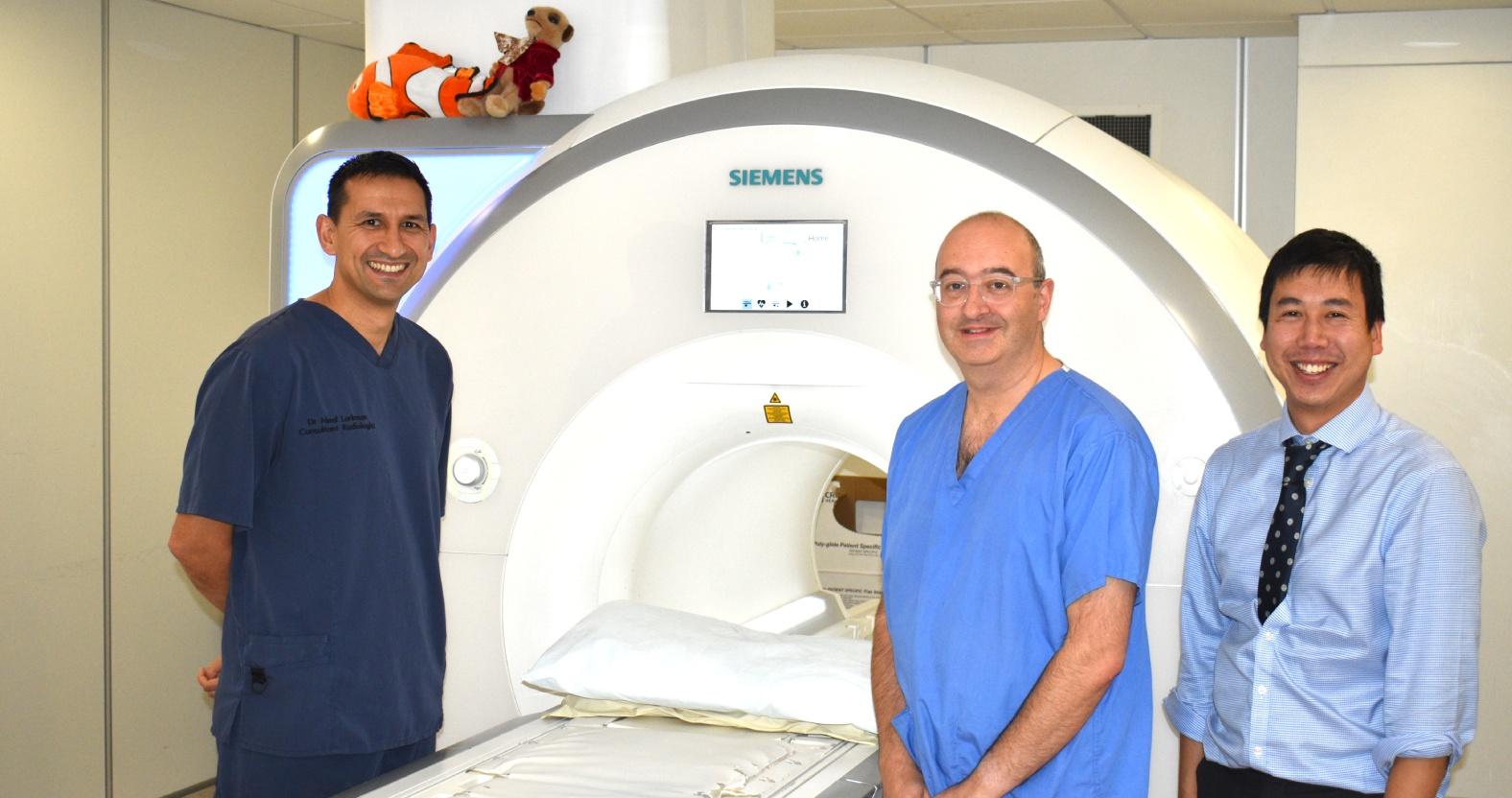Subscribe to trusted local news
In a time of both misinformation and too much information, quality journalism is more crucial than ever. By subscribing, you can help us get the story right.
- Subscription costs less than £1 a week with an annual plan.
Already a subscriber? Log in here.
28
Oct 2024
Harrogate hospital gets £1.4 million for new scanner to develop artificial intelligence

Harrogate and District NHS Foundation Trust has received £1.4 million from the National Institute for Health and Care Research for an additional MRI scanner.
The trust was one of 36 NHS organisations in England to receive funding from the institute, which is funded by the government to improve health outcomes through research.
It issued a call for bids to improve access to research studies in smaller hospitals in England.
The scanner will be used mainly for research and will have a particular focus on the role of artificial intelligence to aid diagnosis.
The trust has already introduced AI fracture detection software to speed up the time it takes to diagnose a bone fracture. It analyses x-ray images in about 30 seconds and provides an initial interpretation for clinicians who can then prioritise their review if a fracture is detected.
The new MRI scanner will be used for clinical use when it is not being used for research studies.
Dr Jacqueline Andrews, medical director at the trust and executive lead for research and innovation, said:
We are committed to improving our research and innovation infrastructure to ensure that our patients and community in the Harrogate district have the same level of access to clinical trials of leading edge therapies and technologies as patients who may live nearer to a large teaching hospital.
As well as the new research MRI scanner, we have also invested in a dedicated clinical research facility and a new innovation hub at Harrogate and District NHS Foundation Trust, and have already seen the benefits with a growth in the number of patients being offered and taking part in research and innovation studies.
Professor Alison Layton, director of research and innovation at the trust, said:
This is a huge achievement by the clinical teams and a very exciting initiative for our trust. It levels up access across the region by allowing us to involve people in our communities in research which is addressing important clinical uncertainties and to build on the expertise in imaging that the team have developed.
We have already identified opportunities to work with academic partners in York and Leeds and will build on such collaborations to ensure our patients can take advantage of research and innovation opportunities offered through the new MRI scanner.
0